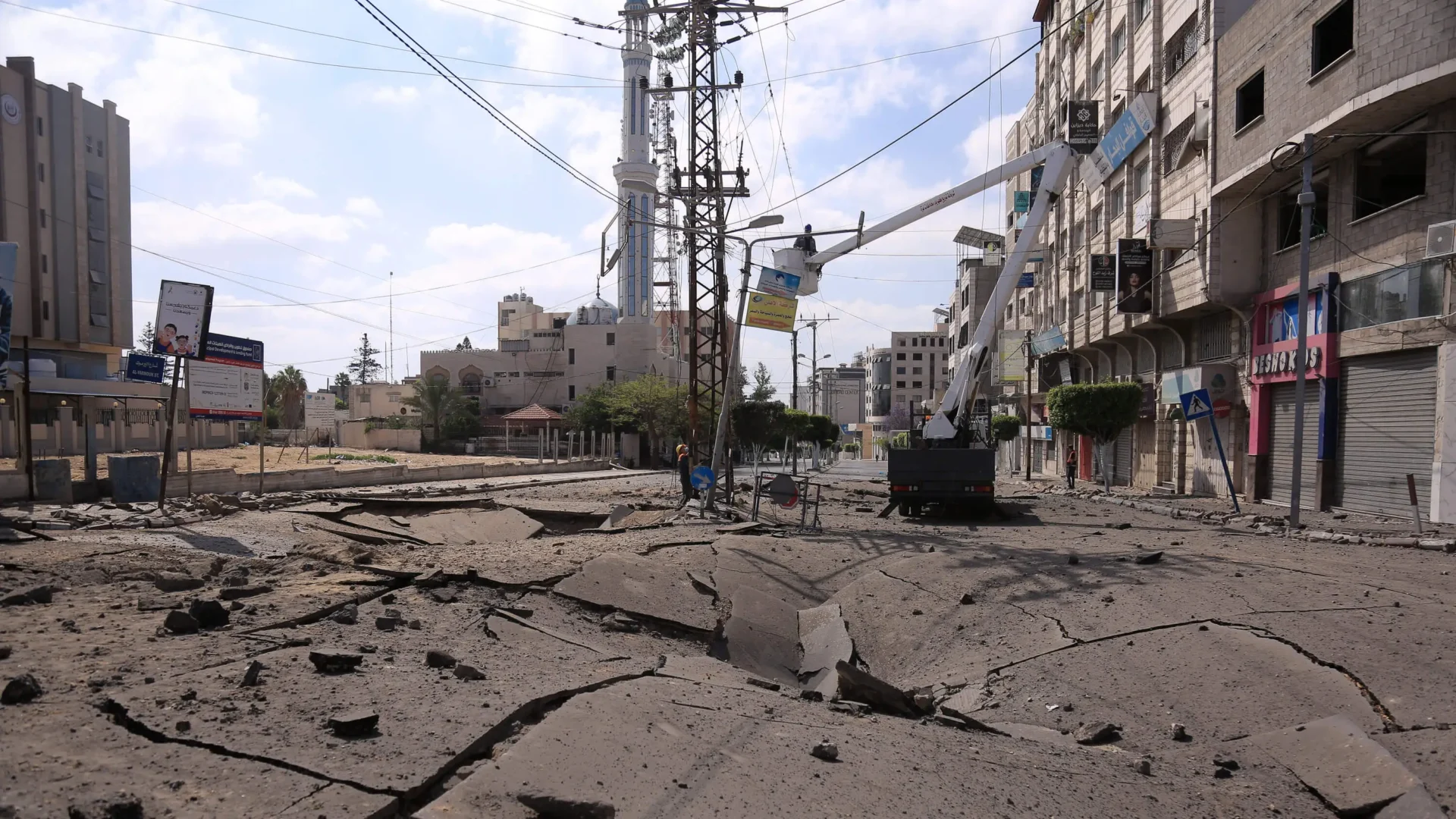In a significant development, leaders from the Islamist group Hamas and Palestinian President Mahmoud Abbas’s Fatah movement met in Cairo on Wednesday to discuss plans for cooperation after the ongoing war in Gaza. This marks the first meeting between the two groups since their talks in China in July, where they agreed on steps to form a Palestinian unity government for Gaza and the occupied West Bank.
Key Points:
- The talks are part of long-running efforts to heal the schism between Hamas and Fatah that intensified when Hamas took control of Gaza in 2007.
- Hamas’s delegation is led by Khalil Al-Hayya, the group’s Qatar-based second-in-command and chief negotiator.
- Fatah’s delegation is reportedly led by Mahmoud Al-Aloul, the movement’s second-in-command.
Agenda and Challenges for Palestinian Unity Government
The meeting’s primary focus is to address:
- The Israeli aggression on the Gaza Strip
- Challenges facing the Palestinian cause
- Post-war administration of Gaza
After the year-long Israel-Hamas war, one of the most divisive problems facing Palestinians is still how Gaza is administered. Israel has unequivocally denied that Hamas will be a part of any post-war government. Israel began its military operation on October 7, 2023, in response to an attack on villages in southern Israel led by Hamas.
Israeli Stance and Palestinian Unity Government Response
• Israel expresses distrust in the Abbas-led Palestinian Authority to govern Gaza effectively.
• Palestinian factions assert that their post-war plans are an internal matter and reject Israeli conditions.
Potential Outcomes for a Palestinian Unity Government
If a unity government agreement proves elusive, the groups may consider forming a committee to:
• Oversee Gaza’s administration
• Assist in managing border crossings
However, the exact structure and responsibilities of this proposed committee remain unclear.
Border Crossings: A Critical Issue for the Palestinian Unity Government
According to Egyptian security officials, Egypt is exerting pressure on both sides to reach a consensus on a mechanism to monitor the crossing on its border with Gaza, which has been closed since May 2023.
Key aspects of the border issue:
• Egypt insists on reestablishing a Palestinian presence at the border.
• Cairo has been discussing border plans with the United States alongside broader ceasefire negotiations, which have currently stalled.
• The Rafah crossing, previously the only Gaza crossing not directly controlled by Israel, had become a crucial entry point for humanitarian aid and medical evacuees.
Historical Context for the Palestinian Unity Government
For Gaza’s 2.3 million citizens, the Rafah border was an essential point of contact with the outside world before it was closed. Nonetheless, Israel and Egypt continued to strictly regulate traffic across the bridge.
Looking Ahead to a Palestinian Unity Government
The world is keeping a careful eye on the negotiations to see if Hamas and Fatah can put aside their disagreements and work together to address the problems that the Palestinian people in Gaza and the West Bank face. The result of these talks may have profound effects on both the larger peace effort in the region and the future of Palestinian government.

